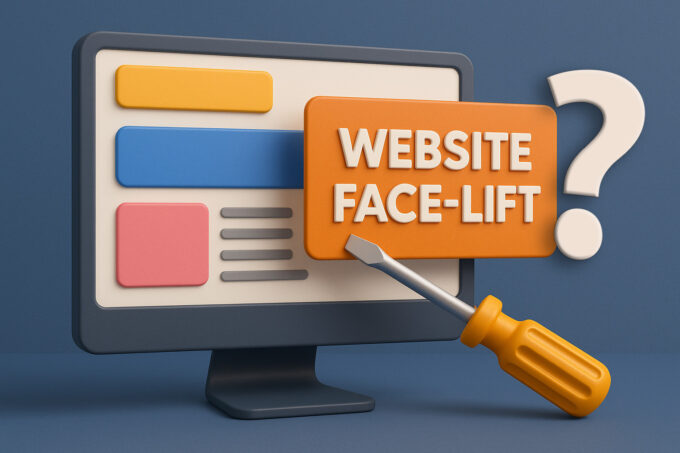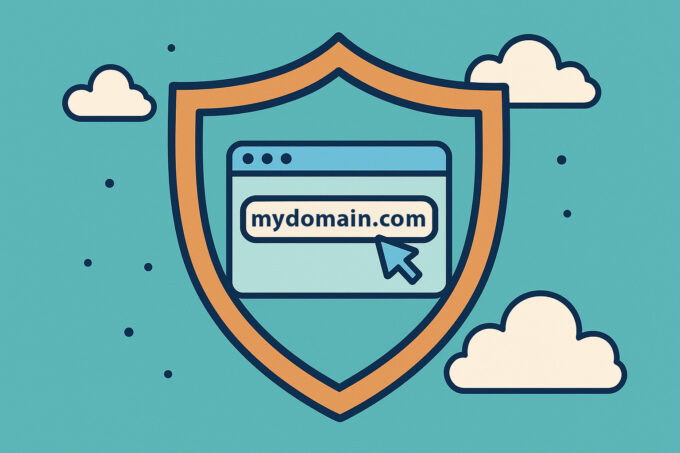Creating a website tailored to your needs involves more than just choosing a template and adding content. Determining the size of your website is a crucial step that directly influences user experience, search engine optimization (SEO), and the overall effectiveness of your online presence. In this guide, we’ll explore the various types of websites and help you understand the optimal size for your web venture.
Personal Websites
These are ideal for individuals looking to showcase their portfolio, blog, or share personal achievements. A concise, one-page design can be sufficient, providing a snapshot of who you are and what you do.
Business Websites
For businesses, a larger site with multiple pages may be necessary. Sections for services, about us, and contact information help potential clients navigate and learn more about your offerings.
Enterprise Websites
Enterprises often require extensive websites with detailed information about products, services, and corporate values. A well-organized structure, possibly with sub-directories, ensures visitors can easily find what they’re looking for.

Non-Profit Organization Websites
Similar to business websites, non-profits may benefit from a multi-page setup. Highlight your mission, projects, and ways to get involved to engage with your audience effectively.
eCommerce Websites
Online stores demand a comprehensive structure with individual pages for each product or category. This not only enhances user experience but also aids SEO by providing more content to index.
SEO and Website Size
While having more pages can boost SEO, quality matters more than quantity. Ensure each page has substantial content, as search engines favor informative, valuable content. Too many empty or thin-content pages might have a negative impact on your SEO efforts.
Target Audience and Messaging
Consider your target audience when deciding on the size of your website. If your audience prefers a quick, concise message, a single-page design may be more effective. For audiences seeking in-depth information, a larger, structured site with sub-directories and knowledge bases is key.
Input Forms and Privacy Policies
If your website includes input forms, it’s crucial to have a Privacy Policy page. This page should detail how user information is treated, stored, and protected, building trust with your audience and ensuring compliance with data protection laws.
Additional Considerations
- Mobile Optimization: Ensure your website is mobile-friendly, as an increasing number of users browse on smartphones.
- Loading Speed: Optimize images and use efficient coding to maintain fast loading times.
- Scalability: Choose a platform that allows your website to grow as your content and audience expand. We highly recommend WordPress for multitude of reasons.
In conclusion, the size of your website should align with your goals, audience preferences, and the nature of your content. By carefully considering these factors, you’ll be on your way to creating a website that not only looks good but also serves its purpose effectively in the vast digital landscape.



